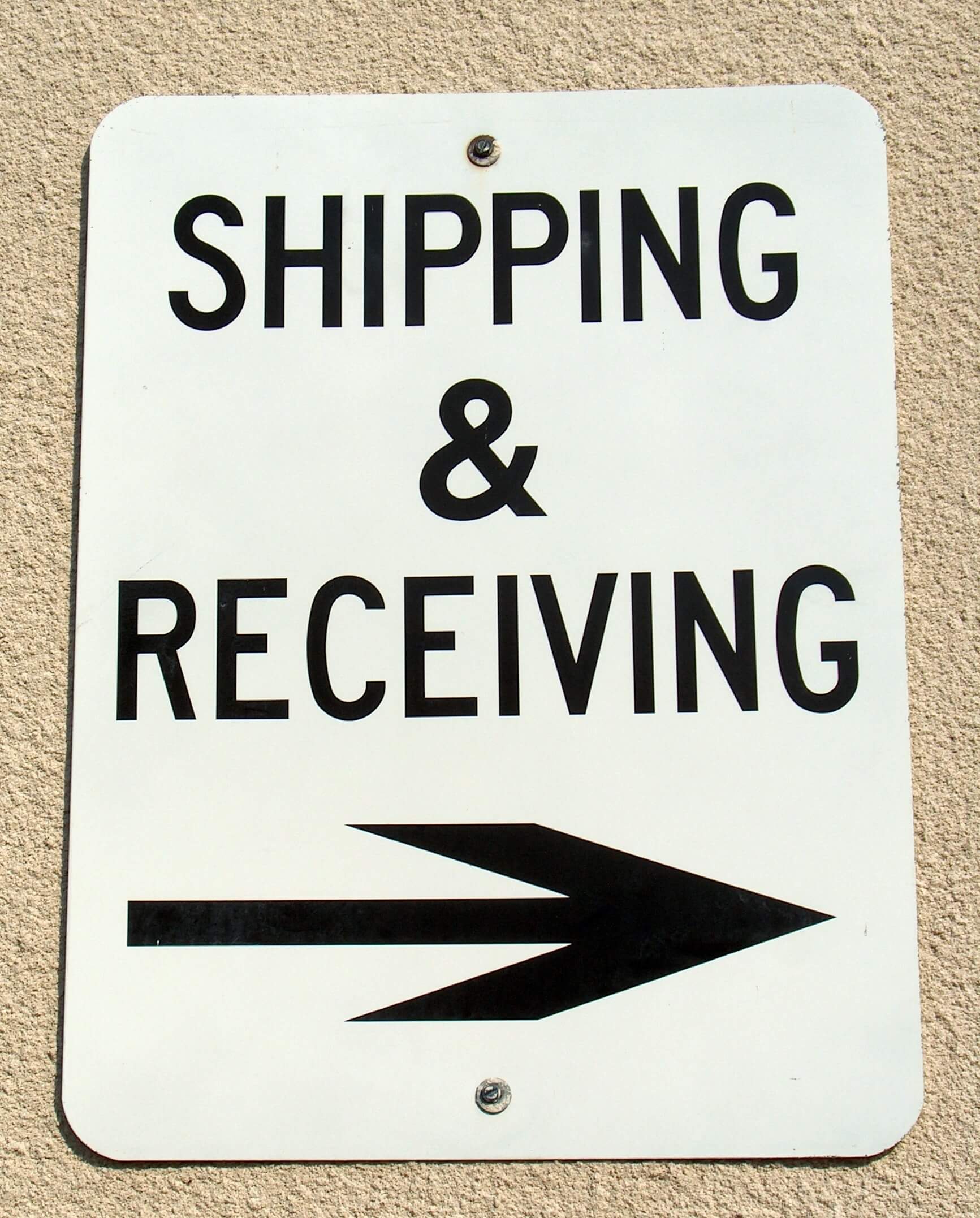Arbitration clauses are common in business contracts – whether that be a contract for the sale of goods or services, employee contracts, or purchase and sales agreements. In some cases, one party to a dispute has more of an interest than the other in seeing a claim settled by arbitration. In drafting your agreement, it is important to understand whether the law will support the types of claims you agree to arbitrate, and whether the language in your arbitration agreement will be enforced.
The Federal Arbitration Act
The United States Arbitration Act (Pub. L. 68–401, 43 Stat. 883, enacted February 12, 1925, codified at 9 U.S.C. ch. 1), commonly referred to as the Federal Arbitration Act or FAA, circumscribes a set of rules that facilitate the resolution of private disputes. It applies to transactions that involve commerce. If a contract contains a valid and enforceable arbitration clause that refers to any dispute between the parties which is governed by these rules, the parties must take their dispute to binding arbitration. The FAA also specifically carves out certain claims from being forced into arbitration, among which are the employment contracts of “seamen, railroad employees, [and] any other class of workers engaged in foreign
or interstate commerce.”
Interstate v. Intrastate
Recently, the Ninth Circuit Court of Appeals was asked to determine the validity of an arbitration clause in Amazon contracts with its app-based delivery providers, AmFlex. As the FAA is not applicable if the delivery providers’ contract with Amazon involved interstate commerce, the drivers argued that it should not apply. Amazon argued that since the drivers’ deliveries only provided “last mile” deliveries, and did not cross state lines intrastate delivery, the activity was solely intrastate.
In affirming the trial court’s denial of Amazon’s motion to compel arbitration of the drivers’ claims, the Ninth Circuit agreed that delivery providers do not themselves need to cross state lines to be engaged in interstate commerce. It further affirmed that since the arbitration clause was invalid, and there was no saving clause to allow some other arbitration rules to govern, the drivers could move forward with their case against Amazon in federal court.
Takeaway
Rittmann v. Amazon.com, Inc., No. 19-35381, 2020 U.S. App. LEXIS 26310 (9th Cir. Aug. 19, 2020) should get the attention of any company that’s relying on the FAA in their contracts to compel arbitration. If you previously believed that just because the physical actions of the employees do not require them to cross state lines, would limit these activities to be considered intrastate commerce, Courts may not agree. If you have further questions or need assistance in drafting or reviewing your business agreements, Contact CASHMAN LAW today for a free consultation to see how we might assist drafting or understanding the arbitration clauses found in your agreements.
Thank you for taking the time to read our blog. If you would like to receive notice as each new blog article is posted, fill out the “Contact Us” form and indicate in the comments section that you would like to receive an
email. You will not be contacted for any other purpose, unless you specifically request it.
The contents of this blog are intended to convey general information only and not to provide legal advice or opinions. The posting and viewing of the information on this blog should not be construed as, and should not be relied upon for, legal or tax advice in any particular circumstance or fact situation. While effort is taken to update the information presented, it may not reflect the most current legal developments. Please contact CASHMAN LAW FIRM LLC (Hawai’i)/ CASHMAN LAW LC (California) to consult with an attorney for advice on specific legal issues.


